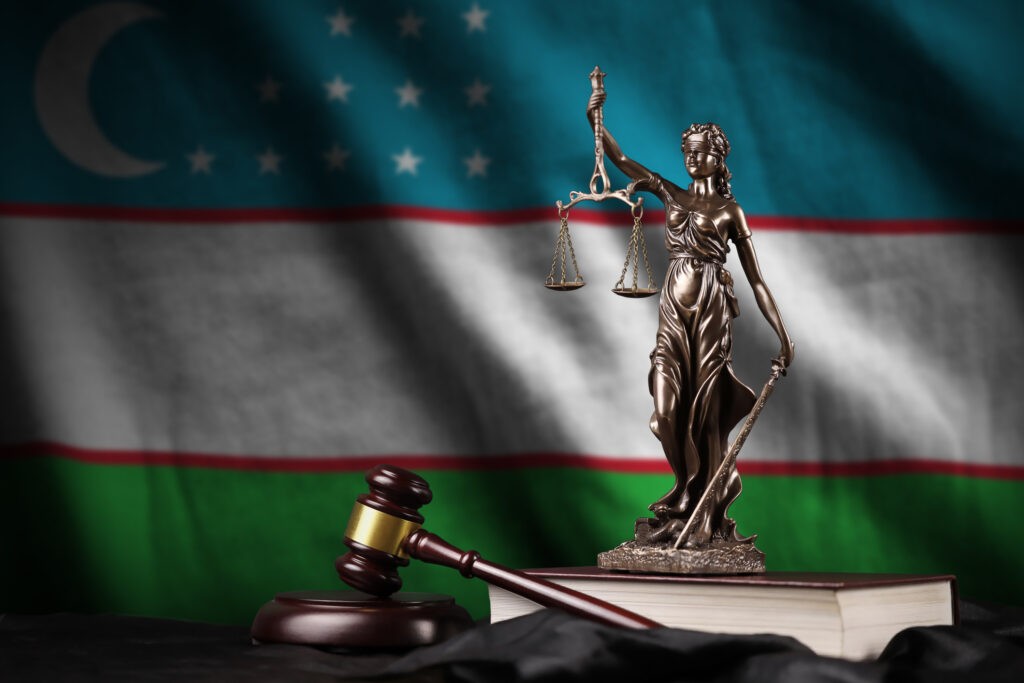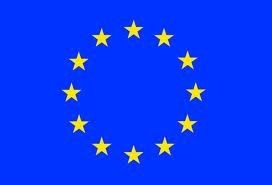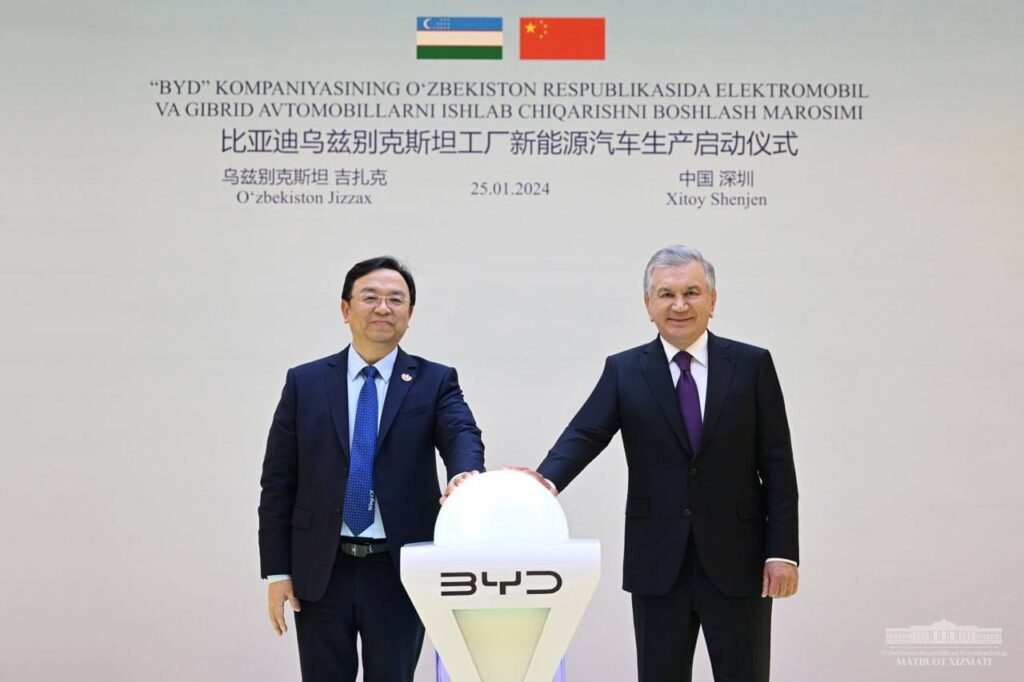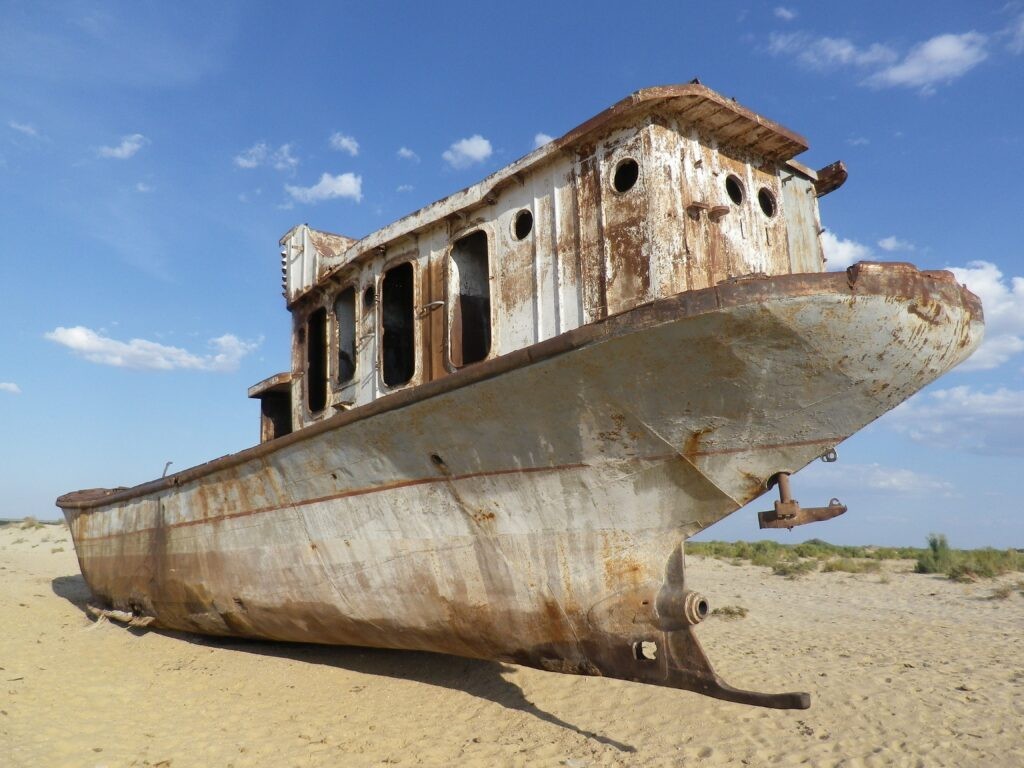What types of crimes did the people of Uzbekistan commit in 2023?
Information on the types of criminal cases the courts considered in 2023 was provided by the Supreme Court of the Republic of Uzbekistan. According to the report, criminal courts considered 58,418 cases involving 73,797 individuals in 2023 - 1,244 people received rehabilitation and an acquittal, whilst a total of 55,763 people were found guilty; of these, 17,396 received prison sentences, 37,077 received other types of sentences, and 1,290 received conditional sentences. Of those found guilty, 49,297 men, 6,466 women, 20,922 young people (including 1,911 minors), and 2,123 people over the age of 6o. In addition, 7,362 people were freed from prison in connection with the imposition of non-custodial sentences; 33,612 people were released on parole; 12,286 people had their sentences remitted; and 13,522 people had the charges against them dropped because the preliminary investigation found the authorities had unfairly targeted them. The majority of cases during the reporting period involved fraud; other offenses included theft or robbery; the transfer, storage, and other activities related to narcotics, their analogues, or psychotropic substances; the preparation of documents, stamps, seals, forms, forgery, sale, or use of them; bullying; purposeful infliction of moderately severe bodily injury; and other offenses that fall under the category of bribery. In total, 14,698 people were freed from criminal responsibility as a result of the Reconciliation Institute's effective use, whilst 8,586 people received non-custodial sentences in exchange for making restitution for the material harm they caused. In the appeals process, 10,843 criminal cases involving 15,720 individuals were taken into account. The rulings rendered by the first-instance courts against 1,715 individuals were overturned, and the rulings made against 3,556 individuals were modified. The Criminal Trial Panel of the Supreme Court reviewed 5,130 criminal cases involving 5,855 individuals. Lower court rulings against 1,143 people were overturned, and rulings against 509 people were modified. Additionally, at the cassation instance, 402 criminal cases involving 467 individuals were reviewed multiple times. Court rulings against 121 people were modified, while rulings against 288 people were revoked.






